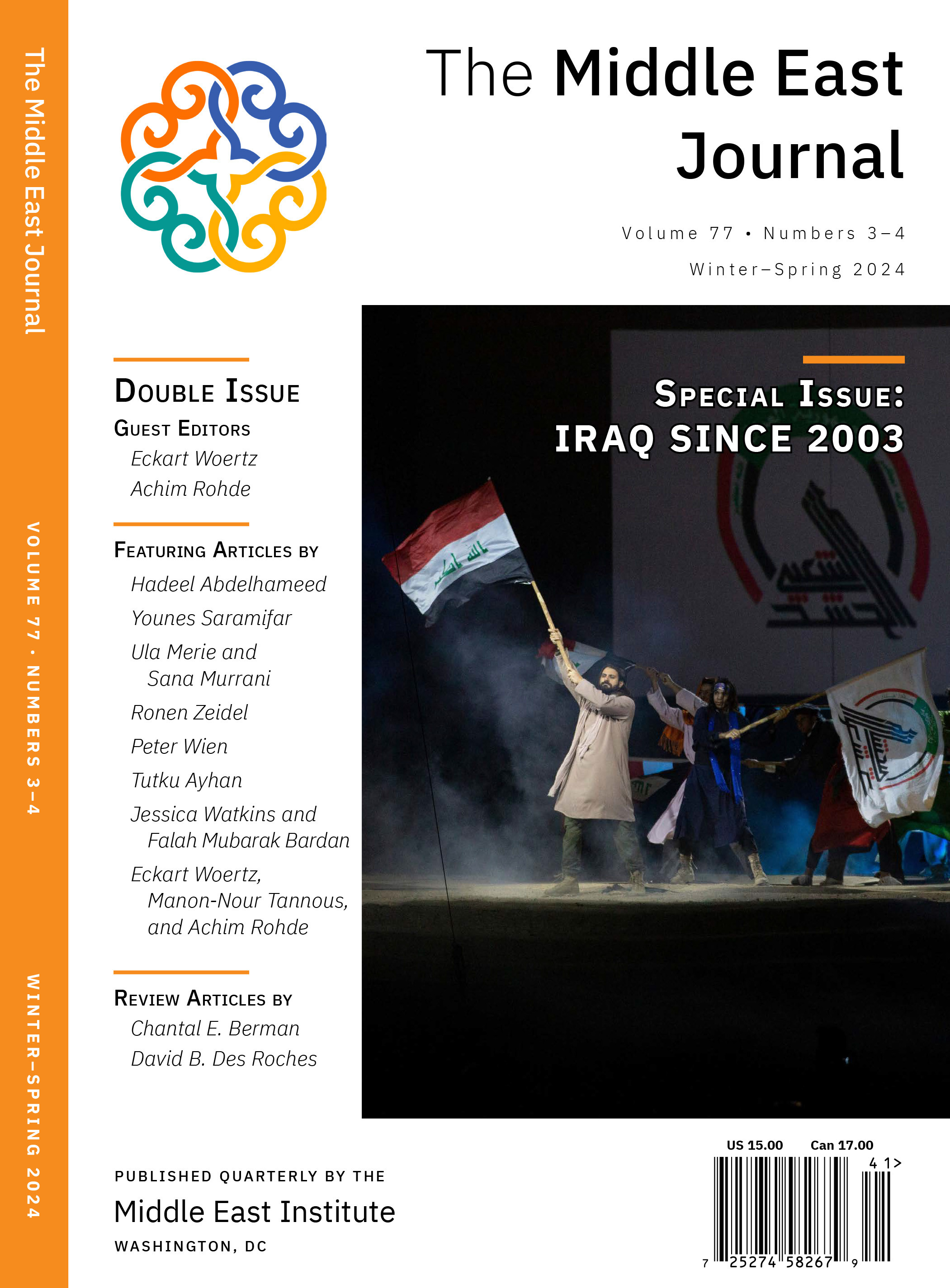Avi Gabbay, the new leader of Israel’s Labor party, stormed through his first primaries with surprising ease. Fifty-two percent of the 30,000 actual voters decided to crown the new contender, who only joined their party seven months ago. Gabbay, a former minister for environmental protection in Netanyahu’s government and a member of the center-right “Kulanu” (“All of Us”) party, had resigned in May 2016, citing “wrongdoings” in connection with the government’s natural gas policies.
In a very Israeli coincidence, his victory day was also marked by a police roundup of six high-level suspects in a major corruption case, involving procurement procedures of submarines and other military ships. The vessels, made in Germany, cost billions of euros and were justified as necessary for the defense of… natural gas offshore rigs.
Rigging was traditionally the name of the game in Labor’s primaries too. Gabbay campaigned on a “clean and honest” ticket, riding a wave of anti-corruption sentiment, which has been slowly surging in Israel for several months.
The Israeli political system has been dominated by Netanyahu and his Likud party for most of the last 21 years, since Prime Minister Yitzhak Rabin’s assassination by an Israeli-Jewish terrorist.
In recent years, the liberal Left in particular, and Labor more generally, has been the subject of a massive and extremely effective de-legitimization campaign, professionally designed and brutally executed by Netanyahu. Whereas in the past, the word “settler” was considered inappropriate in respectable society and used as a slur, “leftist” has now taken its place. Thus, Labor’s outgoing leader, Isaac Herzog, spent his entire term in office trying to reposition his party as a “non-leftist” outfit. Conversely, Gabbay, henceforth a self-described centrist, outed himself as a leftist and survived.
Beyond Netanyahu, the main beneficiary of the Left’s demise was Yair Lapid, the former TV anchor-turned-centrist party leader. Prior to Labor’s internal elections, Lapid had managed to position himself as the only realistic contender for prime ministership left of Netanyahu. Stunningly, within 48 hours of his victory, Gabbay shot up in the polls, eclipsing Lapid as second to Netanyahu as preferred prime minister.
But the real race hasn’t even begun. Gabbay now faces the daunting task of reshaping his archaic party, rehabilitating the center-left, and breaking the infamous 61-seats ceiling—out of 120 Knesset seats—that has eluded all Labor leaders since slain former Prime Minister Yitzhak Rabin. The coveted block is considered mandatory in order to prevent the Likud from forming yet another rightwing coalition, based on its solid alliance with other right-wing parties and the two ultra-Orthodox parties.
A potential formula being floated in political and media circles calls for open primaries for leadership of the entire center-left array of parties, comprised of Labor, Meretz (ultra-liberal), the Joint (Arab) list, and the two centrist parties—Lapid’s Yesh Atid, and Gabbay’s former political home, currently led by Finance Minister Moshe Kahlon, Kulanu. Alas, none of the two centrists nor the Arabs have shown any willingness to even entertain such notions. It appears that Gabbay’s Labor will have to go it alone, at least until it demonstrates a newfound capacity to attract voters.
Within Labor, a complex set of historic, sectorial, and personal interests are inextricably entangled. Labor unions, kibbutzim, hundreds of party-bosses whose livelihoods depend on perpetuating old patterns of making and breaking shady deals, and, critically, 18 currently serving Knesset members are all focused on re-election. One shouldn’t envy Gabbay, as any decision he makes in favor or against any of these organizations and individuals will be costly. Conventional wisdom holds that newly elected Labor leaders have a short grace period of less than 100 days to make their mark on the party’s internal structure. Gabbay might have a bit more, thanks to the summer vacation, or even less, if Netanyahu opts for snap elections.
However, there is a significant upside for Labor. It is still the historic cornerstone of the center-left, and has produced eight out of Israel’s 12 prime ministers. Despite its long decline, it still holds a solid voter-base of some 15 mandates. Like some of its sister parties in Europe, most notably Tony Blair’s new Labour in the 1990s, mimicked by Ehud Barak in his short term in office, it has also demonstrated some capacity to adapt. Under Gabbay’s unexpected leadership, it may do so again.
Beyond partisanship and back office politics, Labor faces the challenges of today’s Israeli realities. Elections in Israel traditionally revolve around the Israeli-Palestinian conflict. Right and Left are divided mainly by the willingness for territorial compromises, and the establishment of the state of Palestine alongside Israel. But in recent years, Israelis have lost faith in the feasibility of the two-state solution, and, to a large extent, the real sense of urgency with respect to the issue.
Instead, their attention has been drawn to internal divisions, mostly between Jews and Arabs, or between those who primarily define themselves as “Israeli”—predominantly secular liberals living in urban areas—and those who primarily define themselves as “Jews”—predominantly traditional or religious, living in periphery areas. The Israeli president, Reuven Rivlin, is fond of describing Israel as a society divided between four “tribes”—secular, religious, ultra-Orthodox, and Arabs. Netanyahu’s naturally-inclined coalition is with the religious and ultra-Orthodox. Gabbay must thus reach out to the secular, Arabs, and also the moderately religious segments of society in order to build a 61-seat block.
Elections are formally designated for November 2019, but the widening string of criminal investigations against Netanyahu and his confidants is expected to bring about early elections, possibly in 6-12 months. The battle for the dominant issue in these elections has already begun. For Netanyahu, or possibly his successor if he is indicted or chooses to stand down, it’s about security threats and the “so-called unpatriotic” nature of the center-left, always eager to allegedly “give away territory to our enemies.”
For Gabbay, it may be about Netanyahu’s corruption, better governance and a “much needed change.” He will need to walk a tight rope between his Left-leaning base, his soft-Right political identity, and an Israeli electorate that is divided along tribal lines. His mission, perhaps impossible, is to reframe the political discourse and attract approximately 120,000 voters from Netanyahu’s camp to his new Labor, or at least a potential coalition partner of it. At this point, the field is wide open and all bets are off.
The Middle East Institute (MEI) is an independent, non-partisan, non-for-profit, educational organization. It does not engage in advocacy and its scholars’ opinions are their own. MEI welcomes financial donations, but retains sole editorial control over its work and its publications reflect only the authors’ views. For a listing of MEI donors, please click here.












